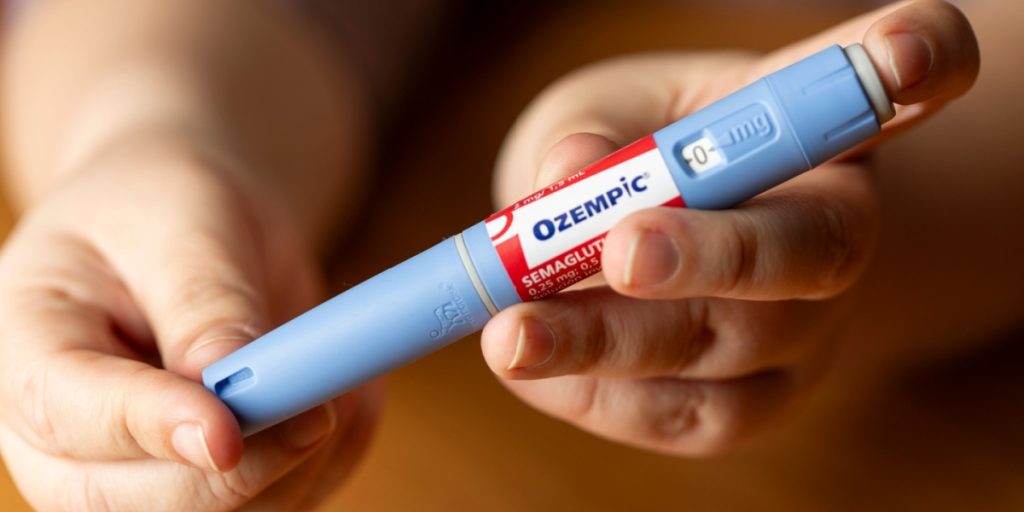First, there was ‘Ozempic face,’ then ‘Ozempic butt,’ and now a new side effect known as ‘Ozempic Personality’ has come to the fore.
Others are reading now
The phenomenon dubbed “Ozempic Personality” is gaining attention as users of weight loss drugs like Ozempic, Wegovy, and Zepbound—popular brands containing the active ingredient semaglutide—report changes in mood and behavior.
These drugs, which function as glucagon-like peptide-1 receptor agonists (GLP-1 RAs), are primarily designed to treat diabetes by reducing appetite and slowing digestion, but they are also prescribed for weight loss.
Behavioral Changes: Fact or Fiction?
Social media platforms and various media outlets have been buzzing with anecdotes about “Ozempic Personality,” where individuals describe increased anxiety, depression, and changes in social interactions due to altered eating patterns.
But these claims lack substantial scientific backing.
Also read
Experts in the field strongly refute the idea that these drugs directly cause personality changes and caution against the stigma such discussions might cause.
Caroline Apovian, a professor at Harvard Medical School and co-director of the Center for Weight Management and Wellness at Brigham and Women’s Hospital, criticizes the notion of a drug-induced personality shift.
Sun Kim, an associate professor of endocrinology at Stanford Health, notes that while GLP-1s can change one’s relationship with food — which can affect social behaviors — these changes are generally positive, especially for those with obesity-related health issues.
Understanding the Psychological Impact
The symptoms most commonly associated with “Ozempic Personality” include mood deterioration, anxiety, depression, anhedonia (loss of interest in pleasurable activities), and decreased libido.
These could theoretically be linked to changes in the brain’s dopamine system, the so-called “reward center,” which has not been definitively linked to GLP-1 drugs by current scientific research.
The explanation could be quite simple: For some people, it might be difficult to eat less and give up the foods they love.
“All these bad, obesity-causing foods calm some people down, whose bodies are looking for a reward from sugary foods, for example. When they don’t receive them, their mood gets sour. But it is not Ozempic that does this. It is the previous addiction. This is how I think the world should see it,” notes Caroline Apovian.
Expert Opinions
Experts like Rachel Goldman, a licensed psychologist and clinical assistant professor at New York University’s Department of Psychiatry, advise against labeling these experiences as personality changes.
Goldman, who specializes in obesity and bariatric surgery patients, acknowledges the mental and physical challenges of weight loss.
She emphasizes that while GLP-1 drugs can aid in health improvement, they do not guarantee alleviation of depressive symptoms and stresses the importance of holistic health approaches.
In this context, she urges anyone taking weight loss drugs and experiencing mental health problems to contact a specialist health professional.
In any case, the general consensus is that GLP-1 drugs are safe and effective.








